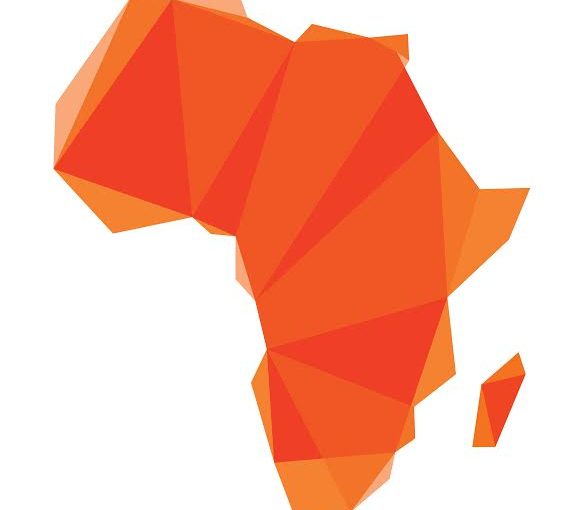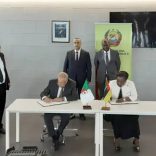US government promises to continue aid from Mozambique Challenge Corporation - AIM report
Mozambican lessons from the lost commodity boom

Asia First - Financial Intelligence Platform
Every economic report on Sub-Saharan Africa gives a sense that the commodity boom which prevailed until 2008 was vain. Following the International Monetary Fund, the African Bank of Development, the World Bank reinforced this feeling in its latest Global Economic Prospects – A Fragile Recovery, published yesterday. The report clearly emphasises on fiscal consolidation as a major factor of future sustainable growth.
The international financial body states that growth in Sub-Saharan Africa is projected to recover to 2.6% in 2017 from the 2016’s sharp deceleration to 1.3%. It should strengthen somewhat in 2018, reflecting the upturn in global commodity prices and improvements in domestic scenarios.
Most of the rebound will come from Angola and Nigeria—the largest oil exporters – however, investment is expected to recover only very gradually, reflecting still tight foreign exchange liquidity conditions in oil exporters and low investor confidence in South Africa.
Those figures are way below the growth rates (close to 8-10% per year) observed before the commodity slump which started in 2014. “We’re living interesting times”, said Jeff Gable, Head of Africa Non-Equity Research at Absa/Barclays, during a media trip to South Africa organised by Barclays Africa a little more than a week ago.
“Many African countries are faced with a situation of slower growth after having eaten up their room for manoeuvre during the commodity boom when governments and the private sector borrowed a lot,” explained Jeff Gable to Club of Mozambique. “Now we have to pay back our debt at a time when commodity prices are far below their recent medium-term averages”, he added.
In several countries, debt has indeed increased quite massively, by more than 10 percentage points of GDP between 2014 and 2016, now exceeding 50% of GDP. Four commodity exporters are concerned (Angola, Mozambique, Republic of Congo and Zambia) as well as two commodity importers (Burundi and Ethiopia). “Rising fiscal deficits have been the key driver of debt accumulation in most countries,” write the World Bank’s economists.
As a result, the necessary fiscal consolidation will slow the pace of recovery in metal exporters such as Mozambique, which undertook large external borrowing through state-owned enterprises. Moreover, according to the World Bank, the Mozambican government’s default in January and heavy debt burden are deterring investment.
Mozambique also stands out as “an exception” in terms of inflation among the group of metal exporters (Botswana, Namibia, South Africa and Zambia), the World Bank observing a consumer price increase still above 21% (on a yearly basis) in April, reflecting continued depreciation of its exchange rate (metical).
Large exchange rate depreciations contributed indeed to the increase in fiscal debt/GDP ratios in Mozambique (as well as in Zambia). Foreign currency debt accounted for 80% of total debt in Mozambique in 2016.
Also, Mozambique’s debt levels have increased sharply to an estimated 125% of GDP at end-2016, and the interest-to-revenue ratio has risen to above 15%, which is weighing on the ability of the government to meet debt service payments.
The urge to improve public fiscal balance is accentuated by the tightening cycle of monetary policies in advanced economies (especially in the US), resulting in higher interest rates and cost of capital for foreign borrowers such as emerging and developing markets. This monetary normalisation progress could trigger a flight from risky and non-liquid currencies such as the metical due real interest rate differentials.
One of the lessons learned (we hope) of the current financial crisis in countries such as Mozambique is that the commodity complex is one of the most volatile sectors. To rely on it in order to fund sustained medium to long term growth is certainly one of the biggest traps. Instead, it seems, authorities will likely implement efficient macro stabilisation instruments (rules-based fiscal management and limited access by government to a sovereign wealth fund financed by commodity exports).
By Levy Sergio Mutemba













Leave a Reply
Be the First to Comment!
You must be logged in to post a comment.
You must be logged in to post a comment.